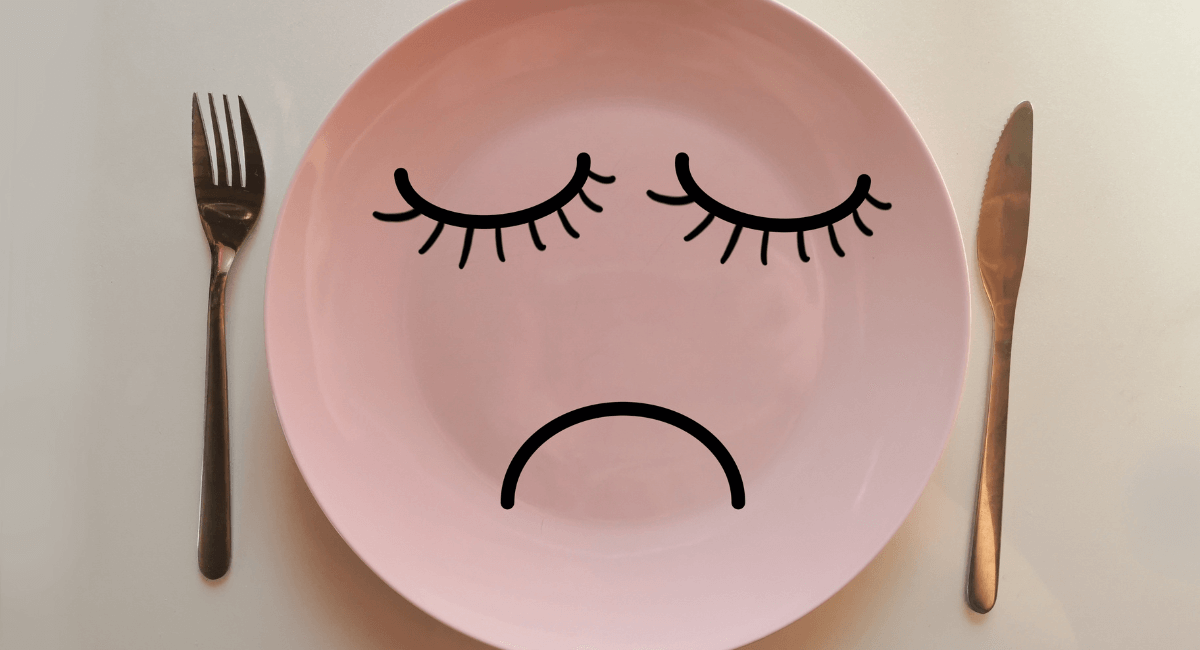Many of our patients come to us for medical weight loss management. Many experience the same difficulties in sticking to a plan, establishing, and maintaining an exercise routine and even making it their goal to get enough sleep each night. All three of these can cause weight gain and make it tricky when it comes to losing weight and keeping it off.
But did you know that weight loss isn’t all about the numbers on the scale? Maintaining a healthy weight and promoting an active lifestyle has just as much to do with other numbers – such as cholesterol levels.
Our body needs cholesterol to build healthy cells and make hormones! The cell wall (or phospholipid layer) needs cholesterol to function properly.
High levels of cholesterol can increase your risk of cardiovascular disease like stroke and heart attack. With high cholesterol, you can develop fatty deposits in your blood vessels. Eventually, these deposits grow, making it difficult for enough blood to flow through your arteries. The deposits can break and send “plaque” downstream leading to a stroke or heart attack.
Breaking the Cycle
Are you seeing a pattern here? It’s a cycle. At Activated Health & Wellness our goal for you is optimal health. How do we get there? By identifying the root cause disease and creating a personalized plan for each patient.
Reducing High Cholesterol
A few changes in your diet can reduce cholesterol and improve your heart health:
- Reduce saturated fats. Saturated fats, found primarily in red meat and full-fat dairy products can raise cholesterol levels.
- Eliminate trans fats! No processed foods! The continue sugars and oils that can increase inflammation. Consume whole foods, natural, organic if possible.
- Eat foods rich in omega-3 fatty acids such as salmon. Make sure your fish sources are wild if possible and not farmed.
- Increase soluble fiber – not sweet, processed cereals or oatmeal – even if the box says it’s “heart healthy”. Stick with natural fiber sources like flax seed and hemp seed (which has both fiber and omegas). You can add a fiber supplement like flax seed powder. Many natural sources of fiber are in your veggies like broccoli and beans.
- Take an Omega 3 product! Look for a high-quality product as they are NOT all the same. Look at the manufacturing process and avoid if any “filler” omega 6’s are on the label.
What tests should I ask for:
- Lipid panel. This is the basic panel everyone typically gets yearly.
- Extended lipid panels are important as they break down the type of cholesterol particles and inflammatory markers to personalize your risk factors and make your treatment even more specific.
- Check for insulin resistance. This goes hand in hand with elevated cholesterol.
- Check a uric acid.
There is no set period in which cholesterol is guaranteed to drop. Cholesterol-lowering drugs usually produce a change in LDL within 6 to 8 weeks. There are herbal options as well. It is possible for lifestyle changes to change cholesterol levels within weeks. If you’re interested in learning more about cholesterol and how we can help improve yours, schedule a medical weight loss management appointment with Activated Health & Wellness.










